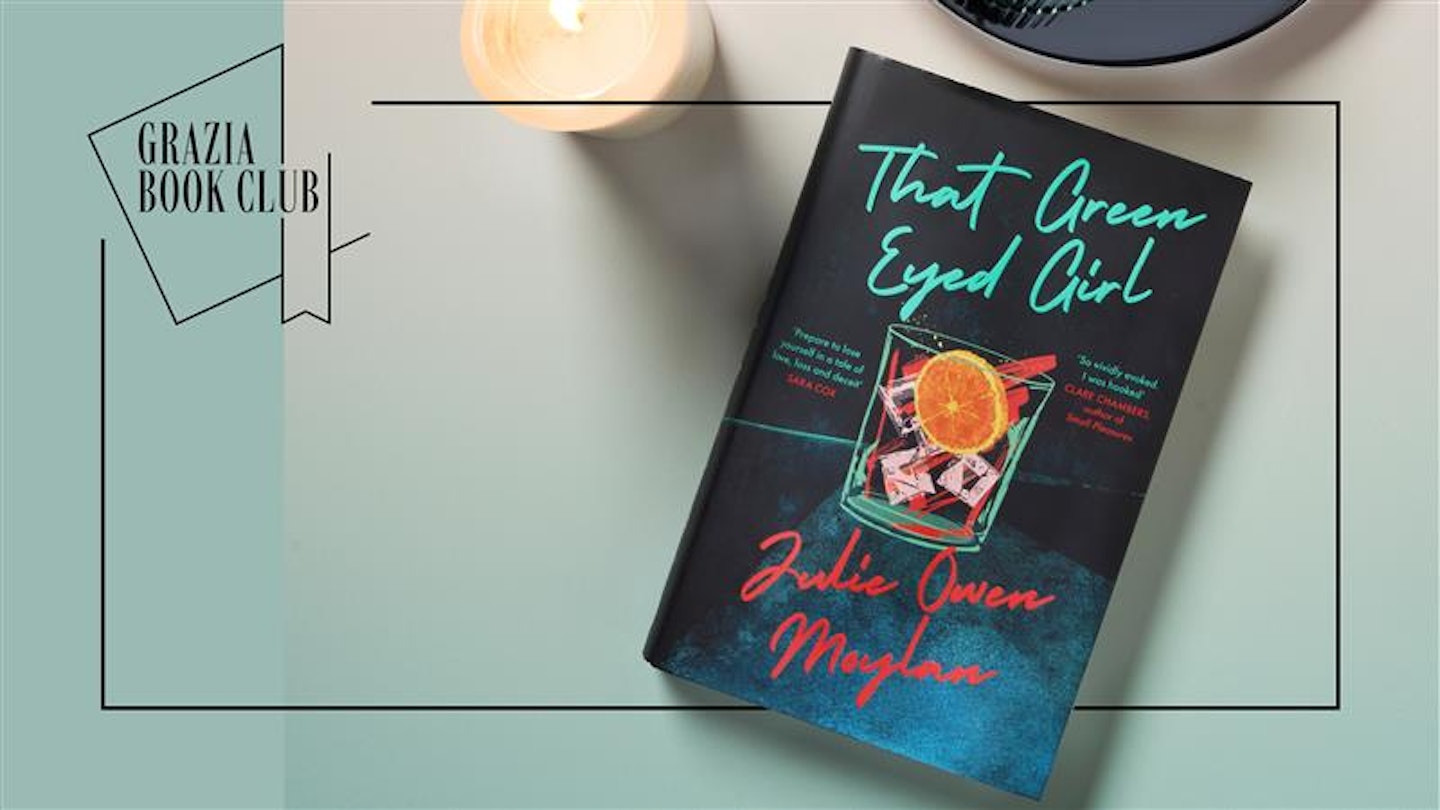In a cramped apartment on New York’s Lower East Side in 1975, 15-year-old Ava Winters’s life is slowly unravelling. Her mother is in the throes of a breakdown at a time when awareness and compassion for mental health is scarce, and her once loving father is more interested in his new girlfriend than caring for his daughter. One day a box arrives at Apartment 3B filled with letters and old photos, including one of a woman Ava doesn’t recognise with the words LIAR scrawled across it.
Twenty years previously, in the very same apartment, two schoolteachers called Dovie and Gillian appear to be living quietly as colleagues and roommates. Behind closed doors, however, the two women are determined to guard the truth about their relationship from a 1950s America, which was full not only of harsh judgement, but very real and dangerous consequences.
Everything seems calm, until their mean spirted colleague and school secretary Judith comes crashing into their carefully guarded life and threatens to ruin everything that matters to them.
The rest of the story is told in dual time, switching from New York in the 1970s to the 1950s and back again, and written in such a way you feel like you’ve been transported to Apartment 3B where both stories take place. You can taste the freshly baked apple pie from the Hungarian bakery over the road, trace your hands over the chipped paint of the apartment’s fire escape balcony, and smell the garbage below in the city’s sweltering streets. The New York we find in these pages isn’t the glossy version we see in Sex & The City or Friends, but the gritty reality of mid-century New York.
‘I’ve always had this strange obsession with cities,’ the authorJulie Owen Moylan tells Grazia. ‘I love city stories. The old buildings don’t change, but their inhabitants do. Who lived in those apartments before you, who walked those streets before you did? I also had some experience of dealing with family mental health problems when I was 15 or 16, like Ava did, so while her story isn’t mine it felt like an interesting emotional landscape to work in.’
The story of Dovie and Gillian’s relationship feels like one not often told. ‘I think a lot of women hid who they really were years ago, either by hiding behind teaching careers, becoming spinsters, or getting married and having to live lovelessly. Those were the choices they faced back then, and it takes courage to live a life true when society is hostile.’
The character of Judith is one you’ll love to hate, with Twitter groups springing up to discuss just how awful one person can be. ‘I try to treat all my characters tenderly,’ explains Owen Moylan. ‘To find the good in them or see what in their background might have led them to behave that way. But I’ll admit I’ve enjoyed reader’s strong reaction to Judith, and I take it as a compliment how much they cared about Dovie and Gillian.’
This unforgettable book will break your heart and then carefully put it back together again, but not in the way you expect: ‘I’m not keen on tying up all the loose ends of a story,’ says the author. ‘I like the messiness of real life, and I like looking for a different kind of happy ending, one where women can lead their authentic lives, while accepting all the joys and tragedies that come with it.’
Grazia Book Club Gives Its Verdict:
‘This is a richly evocative, dual timeline novel of New York. It is stylish and perceptive and brings the two strands together, warmly and poignantly highlighting some of the issues that women faced in those times. The author has a great writing style that is engaging and well crafted, and the novel is bound to have appeal across the board.’ Tina
'I love, love, loved this book. The way the two stories interwove was so well done, and the story was shocking as well as heartbreaking. I had no idea how terribly gay women were treated in the 1950s, and their pain became my pain. Beautifully written.' Sara
'I really enjoyed this book - it's such an immersive journey into 1950s New York, combined with a clear insight into the treatment of women and homosexuality at the time. Fast paced, and very moving.' Kate
